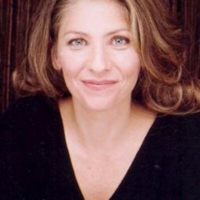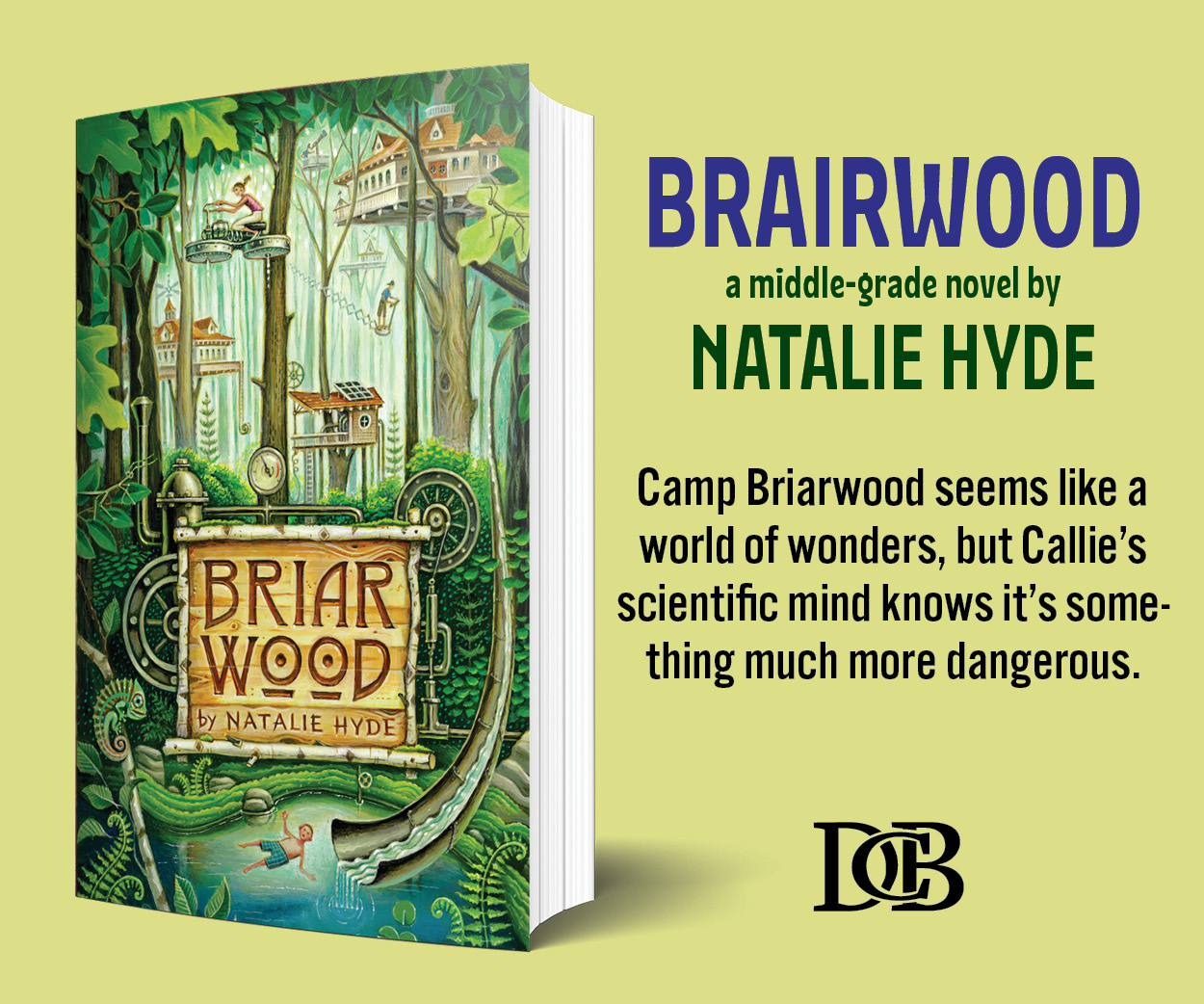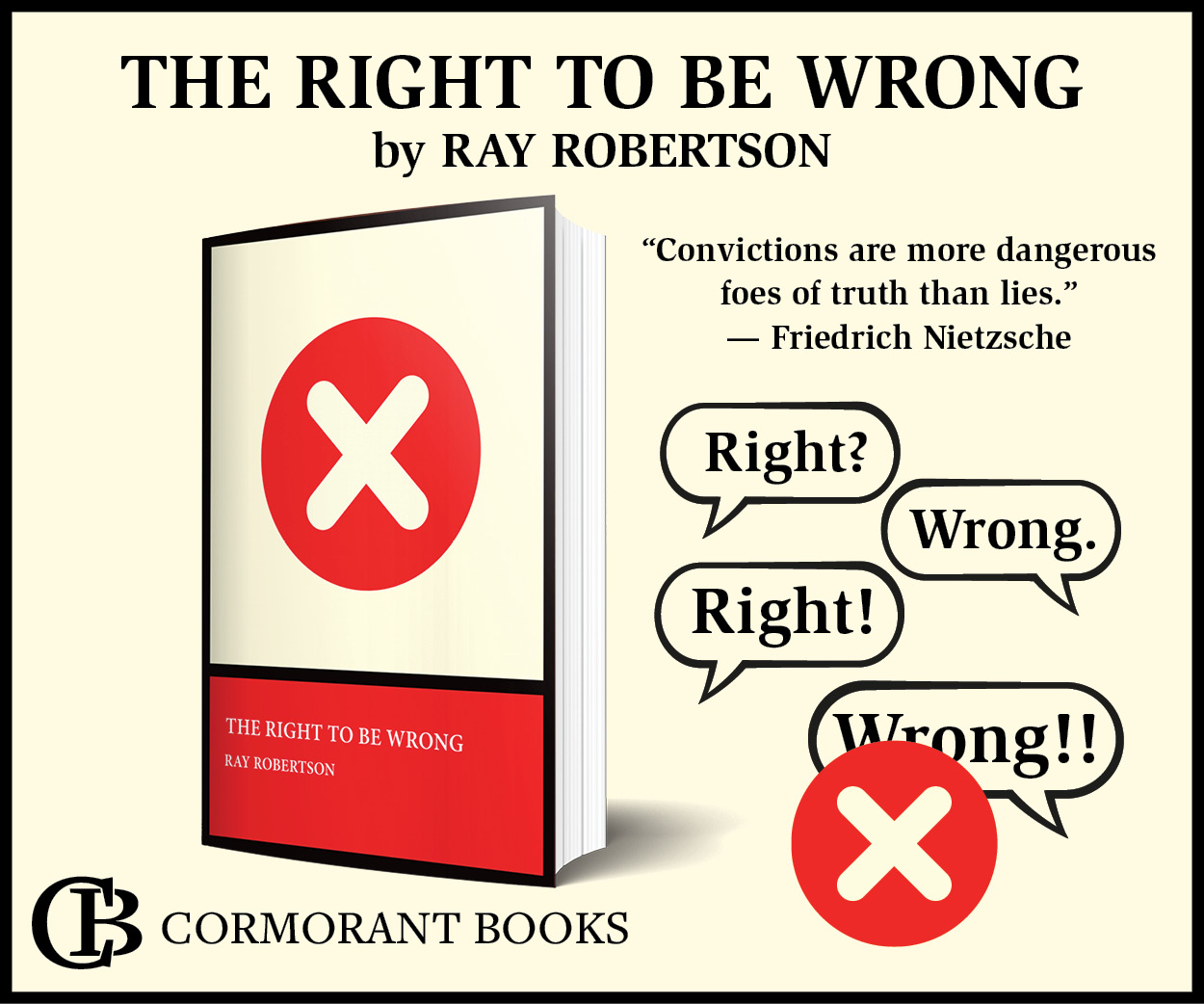"Story is Story, No Matter the Medium" Playwright & Writing Teacher Diane Flacks on Finding "the Why" of Your Writing
Diane Flacks is no stranger to posing provocative questions in her work as a playwright. Her newest play, Unholy (Playwrights Canada Press), delves into a big one: Should women abandon religion? In systems that often place women second, how do women reconcile their faith?
It's not just a thematic question though in Unholy - it's a literal one, as the play follows an all-women discussion panel tackling the relationship between religion and misogyny. A progressive Muslim lawyer, an Orthodox Jewish leader, a lesbian anti-theist activist, and an ex-communicated nun face off, each bringing their own interpretations, experiences, wounds, and needs to the table. Flacks looks at faith (or the rejection thereof) with an intimacy that is rarely found and a sharp humour that makes a tough subject into a wise and entertaining rumination.
We're excited to welcome her to Open Book today where she talks to us about teaching writing to others as part of our Teach Me to Write series. An experienced educator, she draws on her background as a playwright, actor, and columnist to share the writing process with students.
She tells us about the importance of discovering "the why of your writing", the importance of hearing your words aloud, and why it's okay to procrastinate.
Open Book:
What is your approach or philosophy as a creative writing teacher?
Diane Flacks:
As a writer who is also an actor who has created her own work for the last thirty years in theatre, television, print and radio, I have learned that writing is about a story that one NEEDS to tell. Key concepts that I teach are: delving into the why of your writing, and making sure the writing is active, dynamic and true. Looking for the surprise, the new way into an idea, and the arc of the character’s journey are also core elements of what I teach.
OB:
Do you think good writing can be taught?
DF:
Sure, why not. If people can learn to do heart surgery and jump out of planes, what’s so hard about writing? Everyone has something to say, they have to be brave enough to dig deep and find out what and why. The need to speak and, even more so, the desire to communicate with an audience – creating something that can be received by others, not just by oneself – is what makes writing interesting. Using humour and insight to do so ensures that your writing is about connecting with the audience or reader.
OB:
Have you been a creative writing student yourself at any point? If so, what was your experience like?
DF:
I have been. I went to a weekly writing group run by Prim Pemberton called Creative Writing in Cabbagetown for many years. What was remarkable about this group was Prim’s insightful and generous hand in leading it. Also the makeup was writers of all disciplines, which helped confirm for all of us that story is story, no matter the medium. It forced you to write something, anything, every few weeks, and to develop the discipline to read others’ work and make meaningful supportive comments. By doing this, you’d learn about your own writing. I also loved an intensive writing class I did with the great playwright Judith Thompson. A fascinating and integral look at story.
Your CanLit News
Subscribe to Open Book’s newsletter to get local book events, literary content, writing tips, and more in your inbox
OB:
How do you view the value of a workshop environment vs. a mentorship environment?
DF:
Both are extremely valuable. I adore mentoring because it can be a fast track to get the best out of someone in a one-on-one supportive relationship. I absolutely believe that there is no place for judgment or “tough love” in writing unless someone is being patently dishonest, rude or lazy.
As a theatre writer, frequent workshopping has been a crucial element in taking an idea from the back of my head to the page to the stage. It’s important to speak and hear your words, regardless of the medium, in my opinion. If you have to speak it, you will automatically cut any fat and go for the most active way of telling your story.
OB:
What is the most important advice you would offer aspiring writers?
DF:
Keep writing, even when you feel blocked. Feel free to procrastinate and do it well. Really binge that Netflix series and then once that’s allllll done, get back to it.
Three principal aspects to writing something new: research, insight, imagination. If you’re not up for writing, do more research. Read, watch, meet people, see things. Sometimes just go for a walk and let your mind roam. Write something personal if nothing else is coming.
OB:
What, in your view, are the most important qualities in a writing instructor?
DF:
Curiosity, kindness, delight with words, and grounding in structure.
____________________________________________
Diane Flacks is a writer/actor. Her plays include Bear With Me, Random Acts, Myth Me, Waiting Room, By a Thread, Gravity Calling, and Theory of Relatives, as well as SIBS and Care with Richard Greenblatt. Diane also writes extensively for TV (among others: Working the Engels, Workin’ Moms, Baroness Von Sketch Show, and Kids in the Hall). She has been the national parenting columnist for CBC Radio, and a contributor to DNTO and Tapestry. She was a feature columnist for the Toronto Star and the Globe and Mail. She has performed comedy everywhere from New York's Town Hall to local bars to the Winnipeg Comedy Festival. Her four solo shows have toured nationally and internationally. She is currently developing a one-person play called Guilt and a play about the Greek prophet Cassandra. In 2019 she will be playing Nathan in Nathan the Wise at Stratford.




